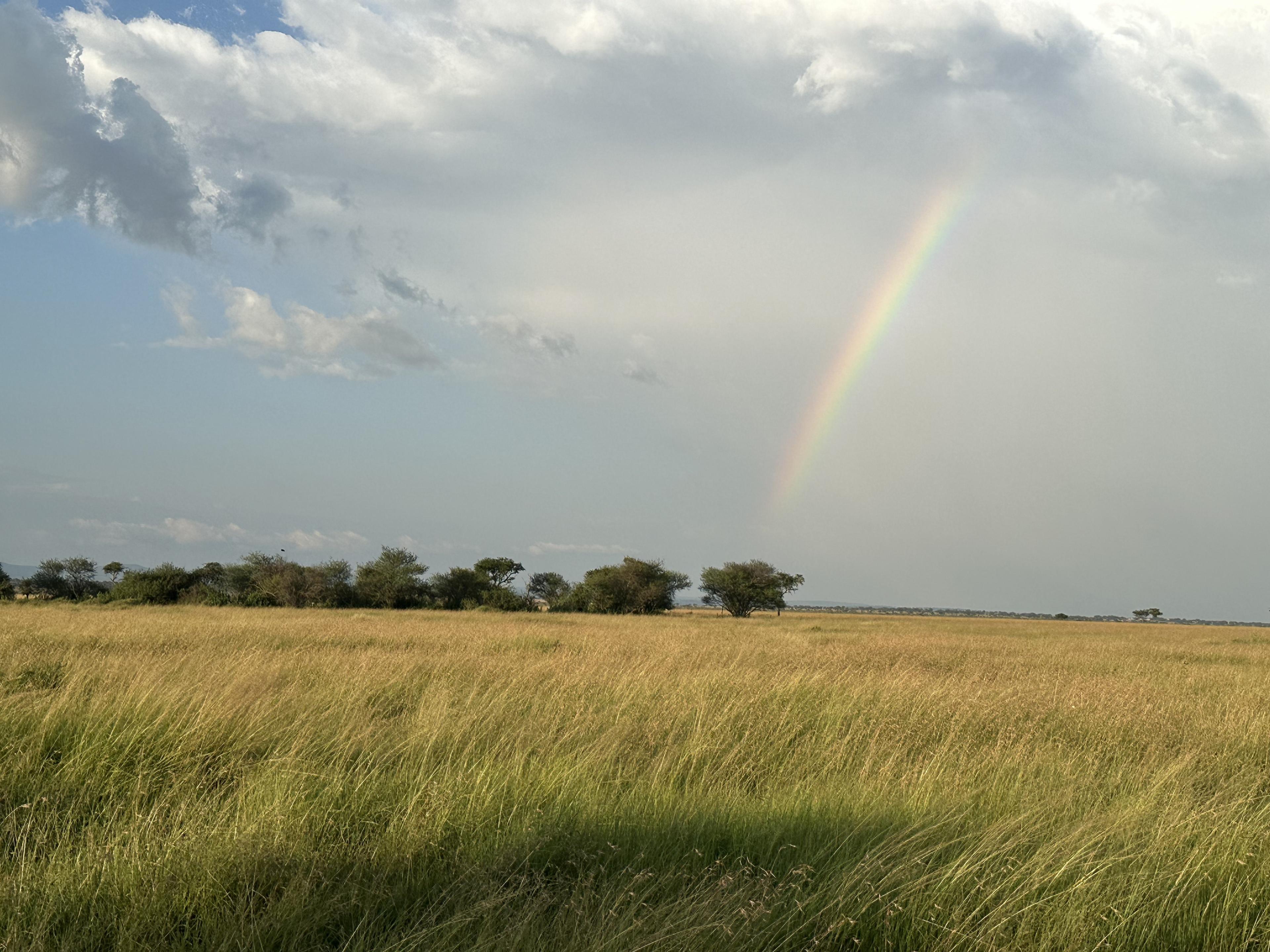Join/
Melissa's Travels
Why We Travel
Why do we travel? Sometimes it is to escape to a beautiful place and to forget our every day routine. Sometimes it is to recharge, to shake off our weariness and to find new inspiration. Sometimes it is to be challenged, to learn what we are capable of. Often it is to broaden our perspective on and understanding of the world, to meet new kinds of people and learn new approaches to living. For many, being pulled out of their routine and thrust into an unfamiliar place returns them to a purer state of being. No longer protected by the role of lawyer, mother, board member or other comfortable identity, the traveler becomes a child of sorts who does not have his or her bearings and must learn everything from scratch. They are seeing with new eyes and need to rely on others for guidance.
The thread that runs through all of these, I think, is that we want to be more awake to the wonders of the world and to living. We want to feel a bit more deeply, to reach a bit higher. In those moments that are distinctly not part of our normal, everyday lives, we are more aware—and days are etched more deeply into our memories. Whether we are alone or with loved ones, it is those days in far off, unfamiliar places that stand out in crisper relief.
I am clearly addicted to this feeling. I have had a passion since I was a teenager for roaming new streets and seeing new landscapes, and my thirst for making discoveries—and for sharing my finds—has not waned with time. In fact, last year was one of my busiest travel years, with time spent on every continent except Australia and Antarctica. I was able to share familiar highlights like Angkor Wat and Petra with my children and also to explore countries that were new to me, such as Botswana and Bhutan, with members.
The thing that struck me the most—whether I was in Cambodia, California, Brazil, England or Israel—was that crowds are threatening the spirit of travel. Every year more people are getting on planes and flocking to landmarks and monuments in numbers that are unprecedented and growing. One reason we traveled as a family to Cambodia was that my fifteen-year-old daughter had read that Angkor Wat might be cordoned off to preserve it from the 2 million tourists that now visit every year. And this summer, for the first time I remember, travelers to Peru who didn’t plan their trip properly were turned away from Machu Picchu because of limited entry tickets.
Magic travel moments do not happen if you are traipsing around in a crowd of tourists; they happen when you get off the beaten path and have intimate, personal interactions. In Cambodia, for instance, we biked to a remote temple where we and our guide were the only people in its crumbling chambers, and we visited the Conservation d’Angkor, the private treasury where the most valuable Angkor objects are kept. Our guide allowed us to hold 9th-century perfume flasks, and we were able to contemplate the rows of stunning, ancient statues in silence. This all served to remind me how essential it now is to be a strategic traveler. Most of the best travel moments are surprises, chance encounters or happy accidents. But you have to organize your trip to allow space for such moments, which allow you to explore not just a place but also who you are. You can do that by planning to be in the right places at the right times and in the right ways.
In many ways that philosophy is what drives our individual trips as well as our Insider Trips. We scout these adventures in advance and create itineraries with the room for magic moments that enable people to appreciate the transformative power of travel. Because, despite the conflicts that exist today and the crowds that we have to navigate around, we believe that the world still contains a lot of beauty and that true understanding comes from person-to-person contact.
On every trip I am blown away by the people I meet. That includes both fellow travelers and locals, be they natives, like the Tibetan healer in Bhutan who was the seventeenth generation in his family to study medicine, or expats, like the women who recently took our insider group on a food tour of the souk in Fez. We have been able to connect people with a shaman in Peru, monks in Laos, royalty in India, curators in France, graffiti artists in Brazil, journalists in Cuba and volunteer opportunities in Asia, Africa and South America. Our members have been brought to tears by the beauty of paintings, the majesty of mountains and the privilege of spending true quality time with those they love. We try to facilitate their openness to the magic moments—the meaning they find in them is personal.
Traveling and being open often set change in motion. Sometimes we know it immediately, in an aha moment: a woman discovers in the middle of a cooking class in Florence that she wants to open a cooking school when she returns to California; a student traveling with his family decides to get a job abroad upon graduation. But often it is a seed that grows slowly but moves us permanently.
Over the years, I have had people tell me about trips that sparked everything from proposals and job changes to divorces and charity projects. Travel opens us up —and when we are open, we are transformed.
Plan Your Trip With Us
We only feature hotels that we can vouch for first-hand. At many of them, Indagare members receive special amenities.
Get In Touch


